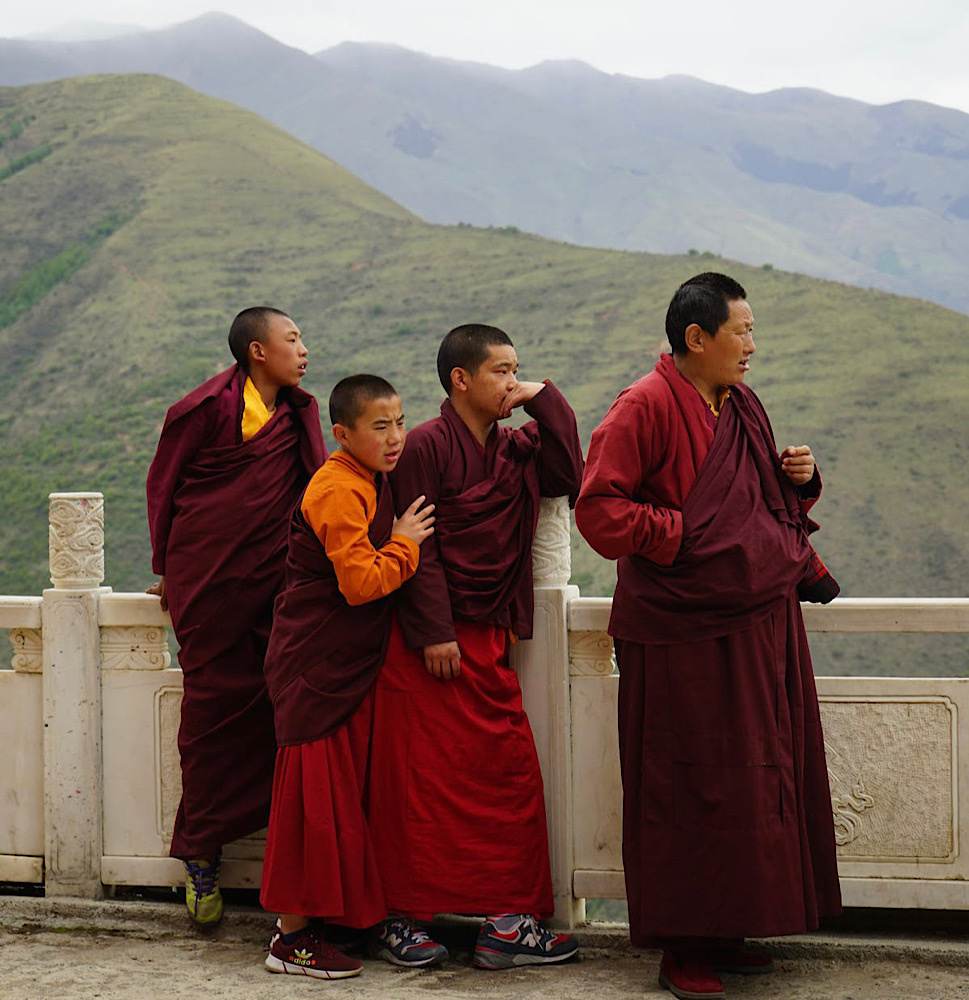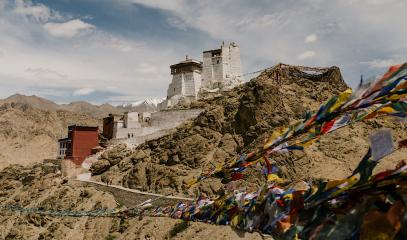Xizang: Beijing 'sinicises' the name of Tibet in English texts
In the translation of a speech by Foreign Minister Wang Yi at an international forum, Tibet is renamed 'Xizang'. A choice adopted with increasing frequency by the official Chinese media. For scholars at official academic institutes, the new translation will strengthen 'power' over speeches about Tibet. Independent observers speak of a purely 'political' move.
Beijing (AsiaNews) - Chinese authorities have begun to adopt the word "Xizang", a Mandarin Chinese pronunciation of Tibet, for English translations. The Chinese Foreign Minister himself used it in the translation of his speech at an international forum last week, where the word Tibet was translated into “Xizang” for the first time.
Beijing's official media defended and supported the choice, underlining that the adoption of this word guarantees an improvement in the effectiveness and impact of speeches on the global scene.
Chinese Foreign Minister Wang Yi invoked its territorial integrity in the opening ceremony of the third Trans-Himalaya Forum for International Cooperation, held last week in Nyingchi, a Tibetan city near the disputed border with Arunachal Pradesh (India) .
China claims that the disputed area is part of Tibet. In the official English translation of Wang Yi's speech published by the ministry, Tibet is called "Xizang". In one passage, Wang said that "we must adhere to mutual respect and trust, jointly maintain regional unity, and respect each other's sovereignty and territorial integrity."
The forum was first launched in 2018. Officials from Nepal, Pakistan, Afghanistan and Mongolia attended the event, however the lack of representatives from India was notable, also given the intensification of tensions between Beijing and Delhi in the disputed area of Tibet in recent years.
There were clashes along the border, which cost the lives of soldiers on both fronts. Added to this is the issue of human rights, with accusations that China wants to erase traditional culture and religion.
Even today, activists and human rights experts show concern about the massive sending of Tibetan children to boarding schools and state institutes, thus separating them from their families and their culture of origin. On this, Wang Yi pointed the finger at "some Western forces" who allegedly invented unsustainable lies based on ideological prejudices.
According to analysts, the latest move of adopting "Xizang" instead of Tibet is the Chinese authorities' effort to strengthen the government's legitimacy in this region and try to dominate the discourse on Tibet. Official media defended the translation and said that the adoption of “Xizang” complies with the official regulations.
The Paper, an official online media outlet in Shanghai, said that the name "Xizang" is more frequently adopted by official media in other languages. Furthermore, according to Chinese government regulation, place names in foreign language translation must adopt Pinyin, a system of marking Mandarin pronunciation in the Roman alphabet.
In fact, Chinese authorities have been discussing this topic since the beginning of the year. In July, an online post published by the United Front Work Department of the Chinese Communist Party, the body responsible for ethnic minority and religious groups in China, said that the use of the word "Tibet" was a mistake that had been extended over time.
In the article published on social platforms by the official account of the party organ, it is claimed that the word Tibet refers to the area influenced by Tibetan culture. A much larger basin that includes not only the Tibet Autonomous Region, but also some areas of the neighboring provinces of Qinghai, Gansu and Sichuan, consistent with the concept of Tibet supported by the Dalai Lama.
According to the post, official Chinese scholars have criticized the use of Tibet as an English translation. Wang Linping (王林平), a professor at the School of Marxism of Harbin Engineering University, argued that adopting this word in translation is not helpful in "correcting the geographical concept of 'Xizang'" in the Western world.
Another scholar from the official China Tibetological Research Center, Lian Xiangmin (廉湘民), argued that the use of “Xizang” complies with the law. He said the translation change was related to the "power of the discourse" on Tibet.
And while some people in the West may have different opinions, Beijing will handle affairs in Tibet according to (Chinese) law. Xia Yan (夏言) of the Official Tibet Information Center of China also said that this helps reshape Tibet's image in the media and facilitates improving the "power of discourse" on Tibet.
Independent Tibetan scholars overseas warn that China is sending many official scholars to international academic conferences on Tibetan research to try to change people's ideas about Tibet. Undoubtedly, the remarks of pro-government scholars in official academic institutes have made it clear what the Chinese authorities' real political aim in this matter is.








.png)










